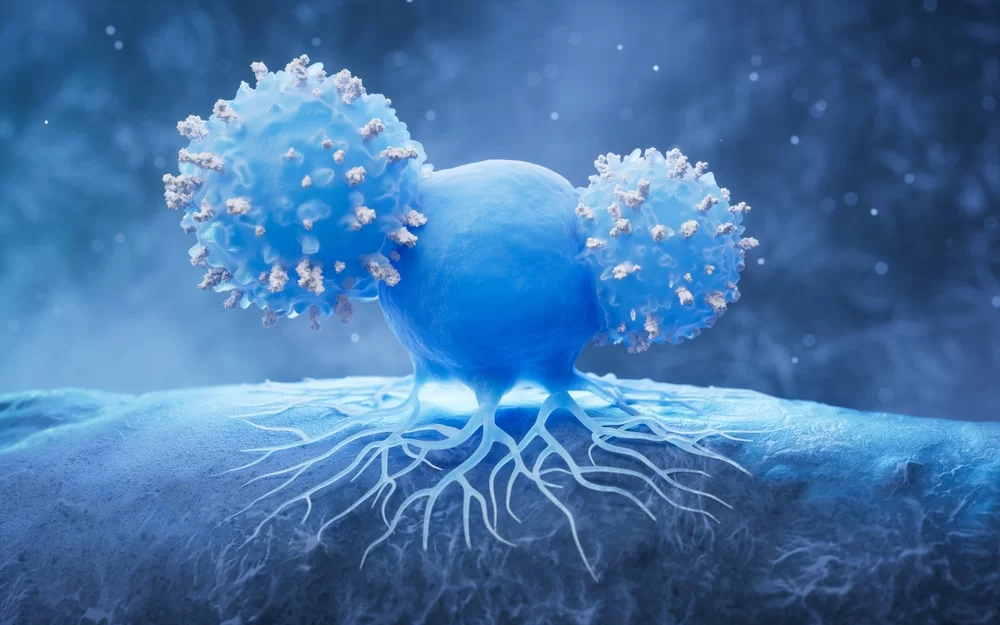Oncology

The slogan "Early diagnosis saves lives" is of great importance in the field of oncology.
Oncology is the branch of science that studies cancer and tumors, focusing on the diagnosis and treatment of cancer. The term oncology is derived from the Latin words "Oncos" (meaning swelling) and "Logos" (meaning science). The human body is composed of cells, which form tissues, organs, and organ systems. Cancer originates at the cellular level.
Cells grow, divide, and regenerate by replacing old ones. However, this cycle does not always proceed as expected. Some cells fail to die as they should and instead continue to grow uncontrollably. This abnormal tissue growth is called a tumor.
Types of Tumors
Tumors in oncology are categorized into two types: benign and malignant.
- Benign tumors do not cause significant harm but should be monitored periodically.
- Malignant tumors pose a severe threat to life. Some malignant tumors continue to grow even after removal and can spread to different parts of the body, damaging vital organs.
Disciplines Within Oncology
Oncology is divided into several sub-disciplines, including:
- Surgical Oncology: Focuses on diagnosing and surgically removing tumors.
- Medical Oncology: Manages cancer treatment through medications after diagnosis.
- Radiation Oncology: Utilizes radiotherapy to treat cancer.
Effective cancer treatment often involves a coordinated approach among these disciplines, ensuring better disease management and follow-up care.
Chemotherapy
Chemotherapy is a commonly applied cancer treatment method in oncology. The treatment plan depends on the type of tumor. The goals of chemotherapy include:
- Completely eliminating the tumor and curing the patient.
- Preventing the tumor from spreading.
- Stopping tumor growth.
- Reducing symptoms caused by the tumor.
Chemotherapy is highly effective in treating cancer. However, in some cases, it may not completely eradicate the tumor but instead help control its symptoms. Oncology plays a crucial role in diagnosing cancerous cells and initiating the most appropriate treatment process. The duration of cancer treatment varies depending on the type and progression of the disease.
Frequently Asked Questions
Oncology is the branch of medicine that focuses on the diagnosis, treatment, and prevention of cancer. Common types of cancer include lung cancer, breast cancer, prostate cancer, skin cancer, stomach and colorectal cancers, leukemia, and lymphoma.
Early detection significantly improves treatment success and helps prevent the spread of cancer. Regular health check-ups, screening tests (such as mammograms, colonoscopies, and PSA tests), and awareness of risk factors play a crucial role in early diagnosis.
Cancer treatment depends on the type and stage of the disease. The most common treatment methods include surgery, chemotherapy, radiation therapy, immunotherapy, and targeted therapies. The treatment plan is determined based on the patient’s overall health and the extent of cancer progression.